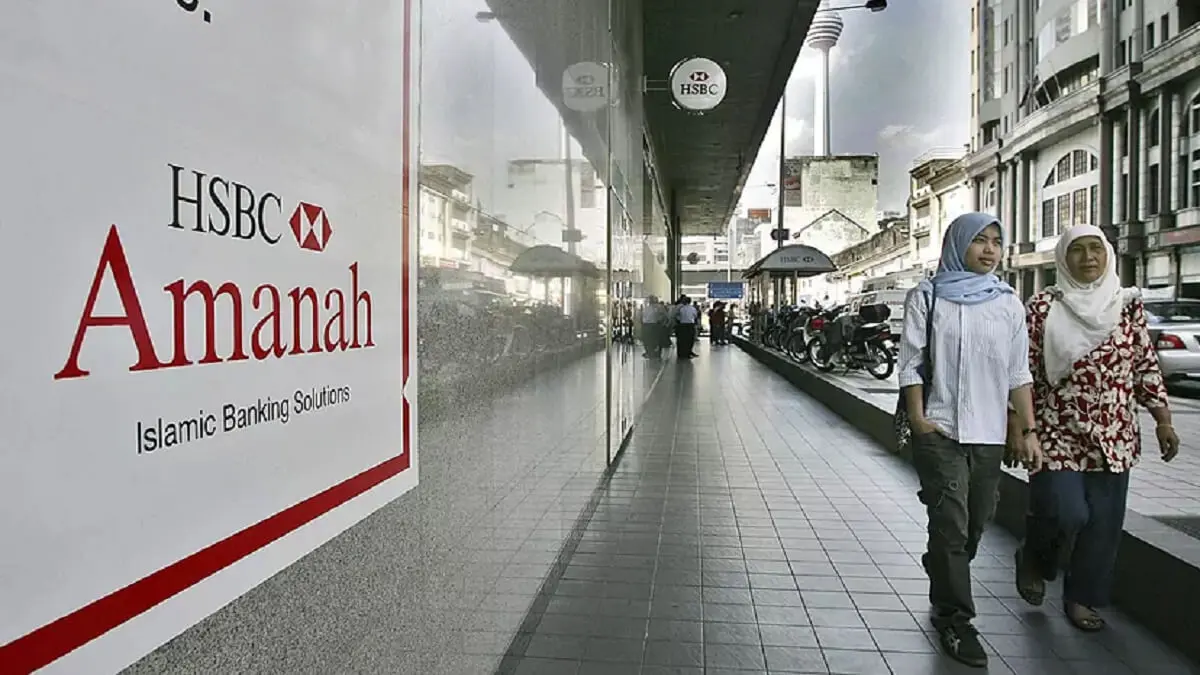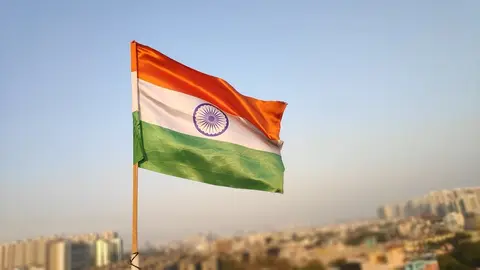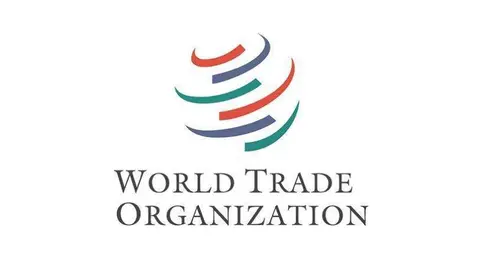Exploring Islamic finance

The Islamic finance sector is a huge opportunity that will reach $5.9 trillion by 2028.
Prosperity is interdependent on inclusiveness and sustainability; on the fact that no venture is sustainable if it does not incorporate and reflect its society; that having a healthy entrepreneurial ecosystem means having better SMEs, more people with access to credit, more diversity, and less informality.
At first glance, to some it may seem like religious traditions or ethical convictions, but there is much more to it: a tremendous potential that is beginning to shake up many economic sectors. Stereotypes of joyless fanaticism are as misleading as the idea that the Muslim market involves only interest-free finance and hand-slaughtered meat.
Interest in the Islamic finance sector is growing. More and more entities are trying to develop products and instruments adapted to the rules governing this concept, even though the sector represents 10% globally, but shows healthier aspects than many of its conventional peers.
The sector has continued its growth momentum despite the challenges of a recovering economy, which has been largely affected by energy prices, conflict, supply chain disruption and rising inflation.
In fact, Islamic finance has expanded at a much faster pace in recent years compared to the growth of conventional lending. The two segments grew at an average compound rate of 10.5 per cent and 3.4 per cent, respectively, over the period 2021-2022.
The global Islamic finance industry is expected to grow to USD 5.9 trillion by 2028 from USD 4 trillion in 2022, and is supported by 1,679 financial institutions present in 136 countries worldwide. This phenomenon spans geographic regions and cultural boundaries.
The outlook for the Islamic finance system is optimistic that it will be the fastest growing sector of the global financial system, growing at 8% per annum until 2026. The market is still at a mature stage, with considerable opportunities emerging, and buoyed by capital seeking opportunities, particularly with the increased focus on aligning Islamic financial products with environmental, social and governance (ESG) factors and recent advances in digitisation.
But their markets will need to be liberalised, ensuring freedom of investment, legal consistency, which will facilitate their rapid incorporation into the international financial system.
This new development is demonstrating a capacity to mobilise resources with a diversified range of investment and savings products, which could benefit the public and private sector and attract significant flows to invest in productive and financial sectors. It is worth not missing this great opportunity.



